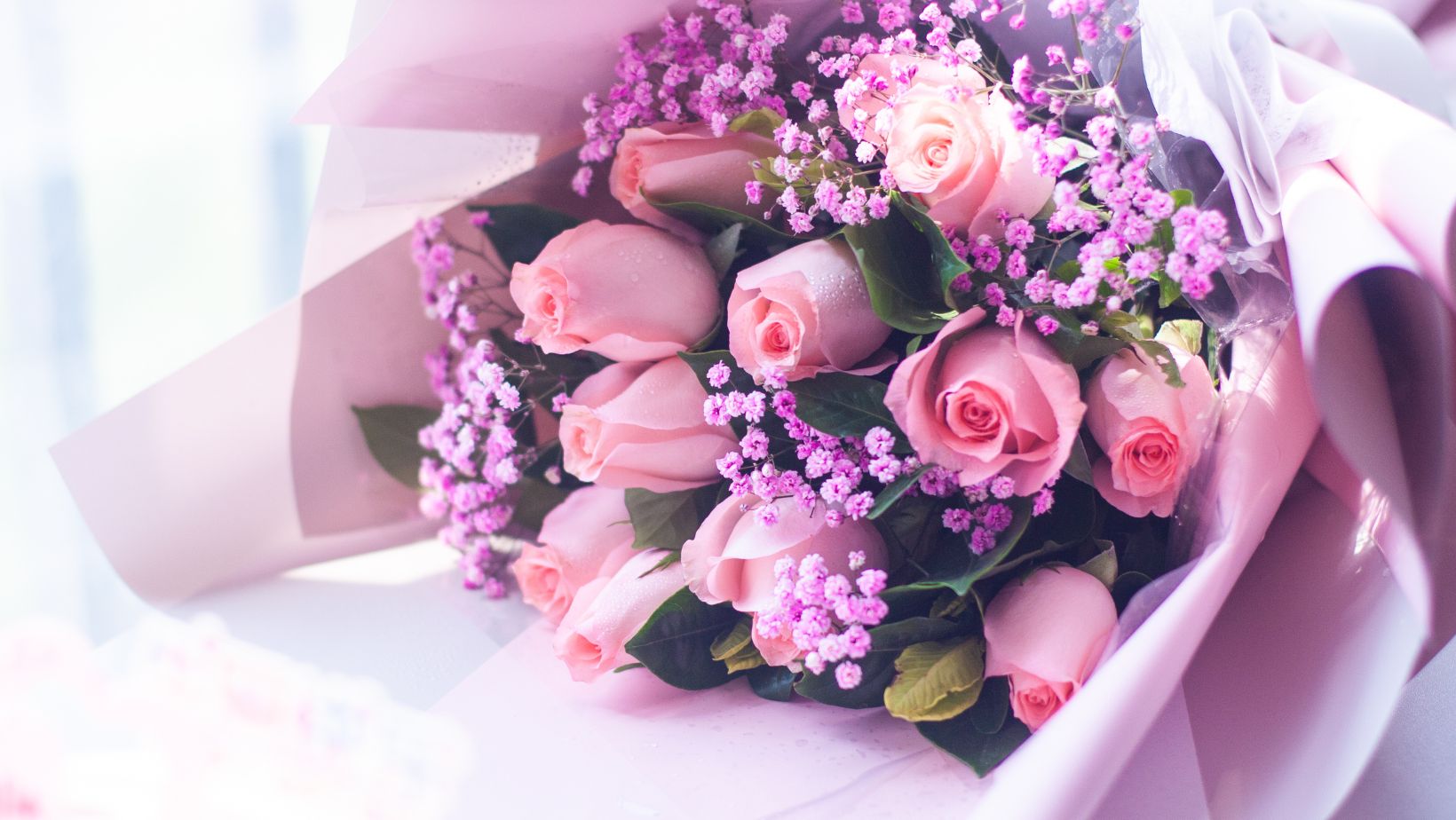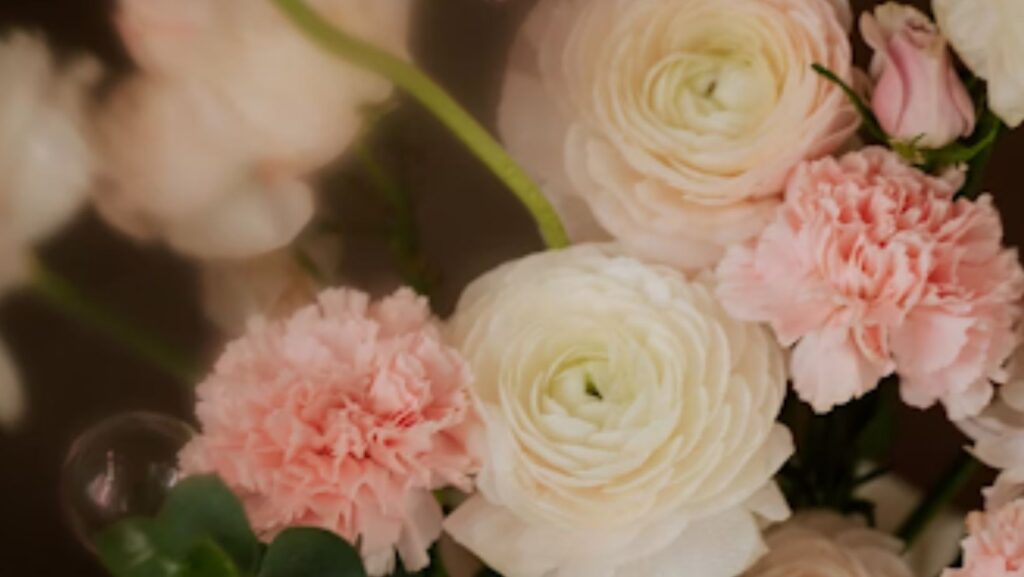Flowers have long been revered not just for their beauty, but also for their deep symbolism and connection to spiritual practices. In meditation and mindfulness, flowers often serve as powerful symbols, guiding individuals toward greater awareness and enlightenment. A large flower bouquet can be more than just a decoration; it can be a focal point for meditation, serving as a reminder of impermanence, growth, and connection with nature. Whether used in rituals or simply placed in a space dedicated to contemplation, flowers help us tune into the present moment and reflect on the deeper aspects of life.
The Symbolism of Flowers in Meditation
In various spiritual traditions, flowers represent different aspects of life and enlightenment. The lotus flower, for example, is a universal symbol of purity and enlightenment in Buddhism. It grows in the mud but rises above the surface to bloom, symbolizing the potential for spiritual awakening despite life’s difficulties. In meditation, focusing on the image or essence of a flower like the lotus can help practitioners cultivate clarity, peace, and the awareness of rising above challenges. The presence of flowers in a meditation space can invoke feelings of serenity and encourage a deeper connection to inner peace.
Enhancing Mindfulness Through Flowers
Mindfulness, the practice of being fully present in the moment, can be enhanced by incorporating flowers into the process. The act of observing a flower—whether in a garden, a vase, or a natural setting—invites mindfulness. Flowers, with their intricate details and delicate beauty, encourage us to pause and appreciate the present moment. The gentle unfolding of petals can serve as a reminder of the impermanence of life, helping to cultivate acceptance and gratitude for the fleeting beauty that exists in each moment. When used in mindfulness practices, flowers become more than a passive object; they become a tool to anchor us to the now.
Flowers as a Meditation Focus
In many meditation practices, flowers are used as an object of focus. The visual appeal of flowers, with their vibrant colors and intricate patterns, can serve as a means of calming the mind. For example, focusing on the visual aspect of a flower—the way the petals curl or the interplay of light and shadow—can help redirect thoughts and bring attention to the present. This practice of focusing on a flower during meditation can deepen concentration and help quiet the mental chatter that often distracts us. Flowers, in this sense, act as both a physical and symbolic anchor for meditation.
Healing Power of Flowers
Beyond their aesthetic and symbolic importance, flowers also carry a healing energy. Many flowers, such as lavender and chamomile, are known for their calming effects and are often used in aromatherapy to promote relaxation. In meditation and mindfulness practices, the scent of flowers can have a profound effect on the mind and body.

The act of inhaling the soothing fragrance of a flower during meditation can help lower stress levels, reduce anxiety, and promote emotional healing. The healing properties of flowers align with the concept of mindfulness, encouraging a holistic approach to well-being.
Connecting to Nature and the Self
One of the most powerful ways flowers contribute to meditation and mindfulness is through their ability to connect us to nature and, by extension, to ourselves. Flowers represent the natural cycles of growth, bloom, and decay, reminding us of our own life journey. They teach us about patience, impermanence, and the interconnectedness of all life. By observing flowers in nature, we are reminded of the larger cycles of the universe and our place within it. This awareness fosters a sense of unity and oneness, helping us understand ourselves and the world around us more deeply.
Conclusion
Flowers play a profound role in the practices of meditation and mindfulness, serving as symbols of enlightenment, reminders of the present moment, and tools for deeper reflection. By incorporating flowers into your meditation space or mindfulness practice, you invite nature’s beauty and healing into your life. Whether it’s through focusing on the delicate petals of a flower or inhaling its calming scent, flowers help ground us in the present, deepen our self-awareness, and connect us with the greater flow of life. The presence of flowers, in all their forms, offers a path to greater clarity, peace, and spiritual growth.
